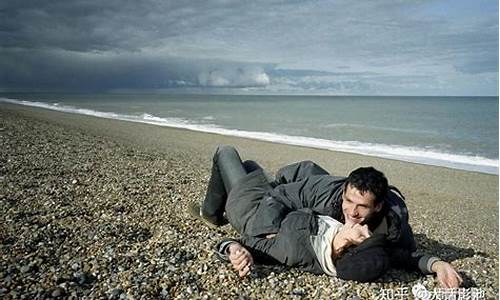她比烟花寂寞影评分析怎么写_她比烟花寂寞电影观后感

Eye-grag performances from Emily Watson and Rachel Griffiths, who portray celebrated British cellist Jacqueline Du Pre and her older sister, Hilary, distinguish this ambitious but flawed biography, the debut feature from Anand Tucker. Aimed at the "Shine" audience, this often powerful and ultimately tragic story of a troubled musical genius provoked mixed reactions at its Venice world preem, so a lot is riding on audience response when it unveils as a Gala attraction at Toronto, where it will play in a slightly modified version. Jacqueline Du Pre, who died in 1987 at the age of 42, suffered from multiple sclerosis in her later years. Frank Cottrell-Boyce's intriguing screenplay is based on a recent book, "A Genius in the Family," by the musicians' siblings, Hilary and Piers Du Pre. Given Jackie's somewhat problematic life, it must be said that the film very much represents Hilary's take on her sister. But the decision of Tucker and Cottrell-Boyce to structure the film mostly from Hilary's perspective and then, without warning, shift into flashback and reveal the story from Jackie's p.o.v. was a bold and ambitious one; it will work only for some viewers. Many in Venice were so jolted at the sudden shift in viewpoint that they believed the projectionist had mixed the reels. Film kicks off with the sisters, as children, carelessly playing on a beach at sunset; Jackie leaves Hilary to talk to a strange woman, silhouetted against the setting sun. Only at the very end of the film does the viewer learn the significance of this opening encounter, and it makes for a moving conclusion. The children of a kind but unworldly father (Charles Dance) and a fiercely dedicated and musical mother (Celia Imrie), Hilary and Jackie grow up in a house full of music. Hilary learns the flute, and for a while has more success in talent contests than her sister. After a humiliating experience at the BBC, Jackie is told she must be as good as her sister if she's to continue playing with her. Soon she's wowing audiences with her virtuoso, though somewhat eccentric, cello playing. While Jackie goes off on international tours, playing a priceless Davidoff cello given her by an anonymous admirer, Hilary fails her flute exam at the Royal Academy of Music. She meets and decides to marry a charming and ebullient conductor, Kiffer Finzi (David Morrissey), while Jackie marries Daniel Barenboim (James Frain), a gifted Jewish-Argentine musician. Some years later, when Hilary and Kiffer are living happily in a country cottage with their children, a distraught Jackie turns up alone and asks Hilary's permission to sleep with Kiffer, permission reluctantly granted (Hilary had never been able to refuse her sister, and so accedes even to this unlikely request.) After a while, however, Kiffer calls a halt to the affair, and Jackie leaves. At this point, the film jarringly shifts to encompass Jackie's perspective of what has occurred in her life --- lonely nights on tour in foreign cities, unable to speak the language; her meeting with Daniel; and her increasing unhappiness, to the point that she hates even her beloved cello. Jackie's problem, of course, is that she's ill; as the symptoms of the disease take hold, and she's reduced to an invalid, she hovers between opposition to, and acceptance of, her sister's love and friendship. Watson is a magnetic Jackie, convincing as a cellist, maddening as a personality, tragic in the final stages of her short life. Equally good is Griffiths, who gets a huge career boost with the role of the self-sacrificing but still jealous and troubled Hilary; her final scenes are memorable. Supporting cast is nearly flawless, especially Imrie as the sister's quietly determined mother. Nyree Dawn Porter appears in a brief, seemingly accurate cameo as Dame Margot Fonteyn. As the young Jackie and Hilary, Auriol Evans and Keeley Flanders impress in the film's predictable but effective opening. Apart from its questionable structure, this is an intelligent production. Yet director Tucker, who hails from television, resorts to a few self-conscious tactics --- for example, a fake skyscape behind the sisters as they bond; and that cliched image in which the camera circles a performing musician is used far too often. The music is, expectedly, sublime, with Jacqueline Du Pre's recordings featured in some sequences. Production credits are extremely handsome.
声明:本站所有文章资源内容,如无特殊说明或标注,均为采集网络资源。如若本站内容侵犯了原著者的合法权益,可联系本站删除。












